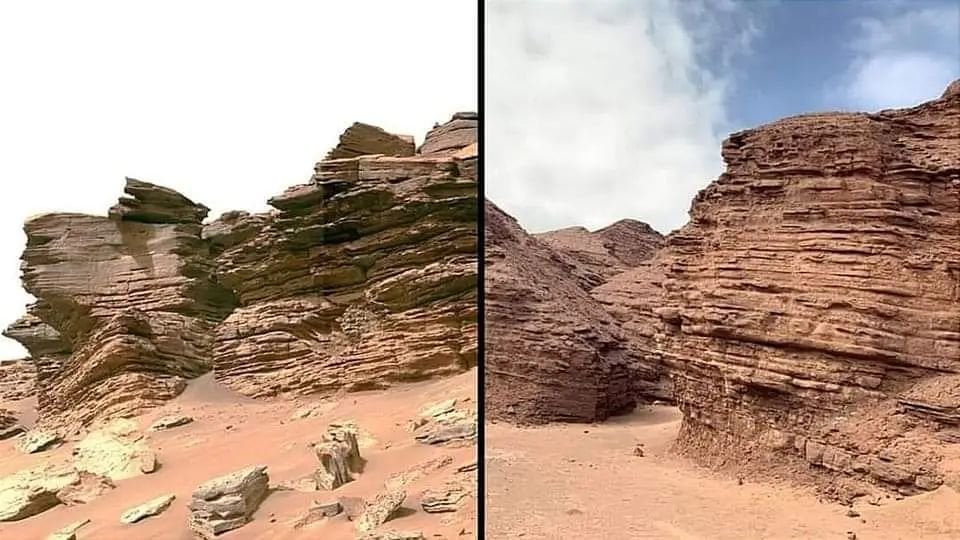this post was submitted on 21 Sep 2024
527 points (98.9% liked)
Space
8670 readers
62 users here now
Share & discuss informative content on: Astrophysics, Cosmology, Space Exploration, Planetary Science and Astrobiology.
Rules
- Be respectful and inclusive.
- No harassment, hate speech, or trolling.
- Engage in constructive discussions.
- Share relevant content.
- Follow guidelines and moderators' instructions.
- Use appropriate language and tone.
- Report violations.
- Foster a continuous learning environment.
Picture of the Day
 The Busy Center of the Lagoon Nebula
The Busy Center of the Lagoon Nebula
Related Communities
🔭 Science
- [email protected]
- [email protected]
- [email protected]
- [email protected]
- [email protected]
- [email protected]
- [email protected]
- [email protected]
- [email protected]
🚀 Engineering
🌌 Art and Photography
Other Cool Links
founded 1 year ago
MODERATORS
you are viewing a single comment's thread
view the rest of the comments
view the rest of the comments


No, Mars was not formed by the moom-forming impact event between Gaia and Theia. The moon is the remnant you're talking about, not Mars.
Also, a recent paper shed some doubt on the impact theory (apparently Earth and Moon isotopes are too similar), so the impact might not have happened or it might have been different than previously thought (glancing and causing the proto-Earth to spin itself apart, or strong enough to completely melt and mix both objects).
In any case, though, yeah, Mars has the wrong composition, size, and orbit for it to have been involved in any impact with Earth. The mistake probably came from Theia often being described as ‘Mars sized’.
I think they mean Mars could be Theia.
I think the fact that it’s really far away, in a circular orbit, and doesn’t have a big chunk missing is still a good sign that mars isn’t theia
Why would it have a chunk missing after all this time? If it did could we even tell? Whatever it was isn’t still in the area so being far away may not mean much. Circular orbit is probably biggest reason it’s likely not Mars, although it could have evened out relatively recently.
This simulation shows the Mars sized object merging with Earth so there goes that theory.